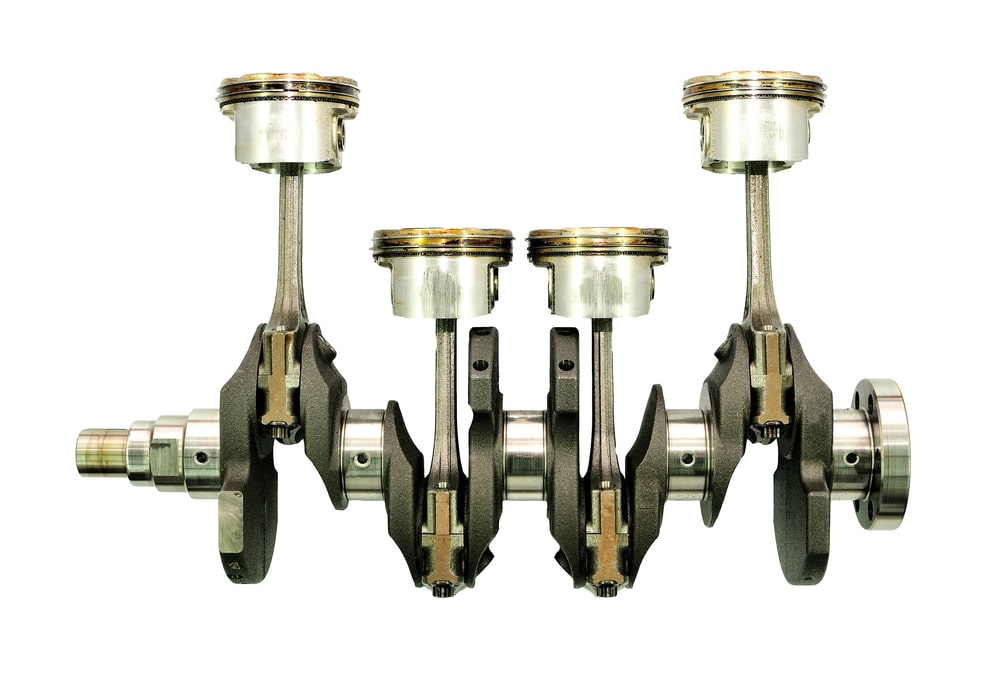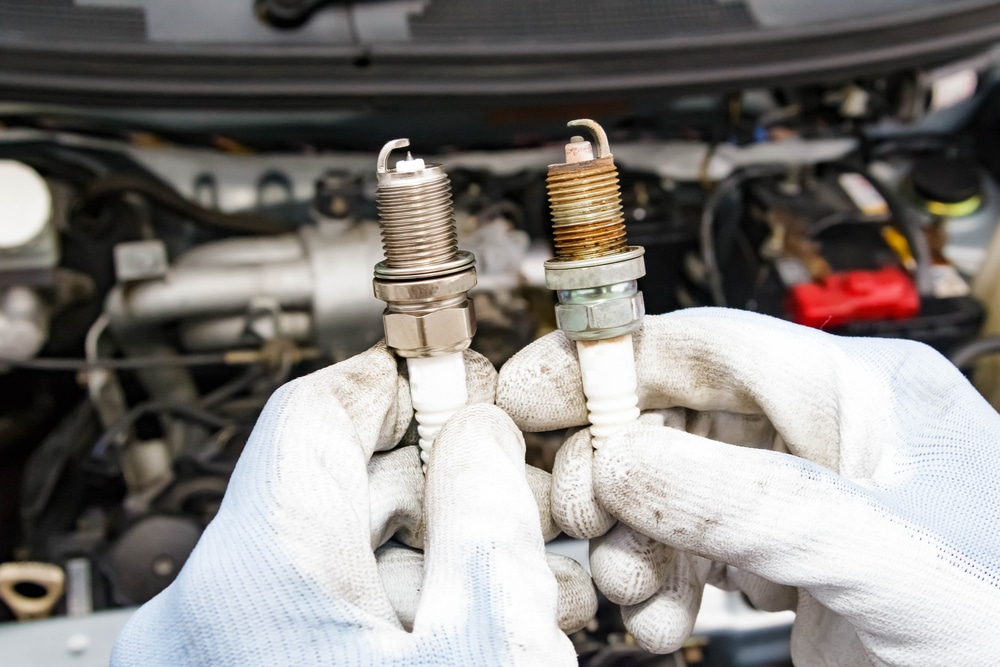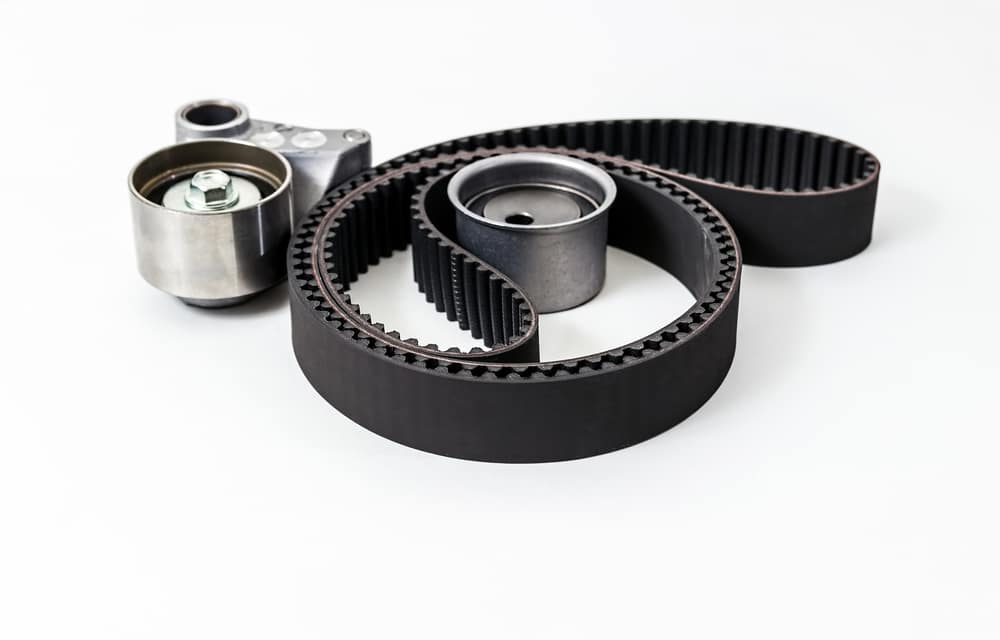Volkswagen Brake Pads
Not sure if your Volkswagen brake pads need replacing? You’re in the right place.
This comprehensive guide covers everything you need to know about brake pad replacement, from spotting early warning signs to understanding when it’s time for a change.
Your brakes aren’t just about performance; they’re crucial for your safety and the safety of others on the road.
Ignoring worn brake pads could lead to expensive repairs or, even worse, dangerous situations – which is something nobody wants.
At Fitch Autos, our skilled VW technicians are ready to help keep your braking system in top condition.
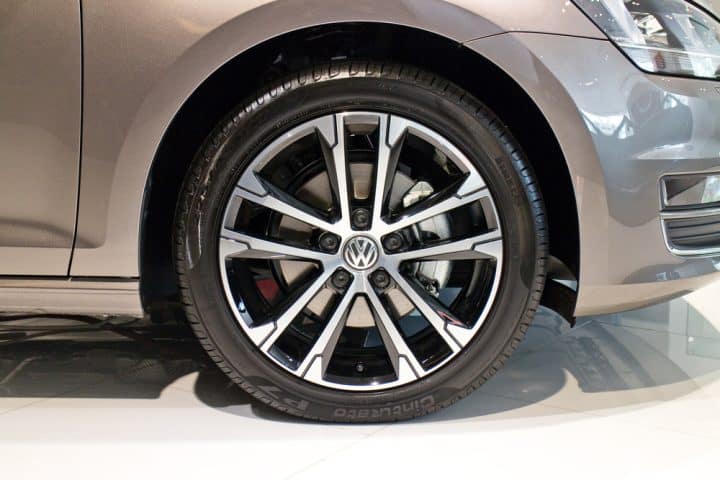
The Complete Guide To VW Brake Pads
When you press the VW’s brakes, your vehicle’s brake pads generate the right amount of friction to slow down or stop your car.
Here’s how it works:
Friction Generation: Pressing on your VW brake pedal causes hydraulic pressure to flow through your vehicle’s brake fluid, pushing the calliper and pressing the brake pads against the discs. The resistance generated slows your vehicle.
Slowing and Stopping: If the force applied is strong enough, the friction created between the pads and the brake discs slows the rotation of your wheels, bringing your Volkswagen to a controlled stop.
Managing Heat: The braking process generates significant heat. Thankfully, Volkswagen’s braking system is designed to handle this heat effectively. Modern disc brakes come with features like ventilation holes or cooling fins to help distribute and dissipate the heat, reducing the risk of brake fade.
Brake Release: Once you release the brake pedal, the hydraulic pressure drops and the brake pads release their grip on the discs, allowing your vehicle to move freely again.
Over time, constant exposure to heat and friction will wear down your brake pads, making them less effective. As the brake material deteriorates, replacement becomes necessary. This is one of the main reasons why you should always keep a close eye on your Volkswagen’s braking system.
Volkswagen recommends specific maintenance and replacement intervals for brake pads, which you can find in your owner’s manual.
At Fitch Autos, we advise regular brake inspections to ensure your vehicle remains safe and in line with Volkswagen’s standards. The last thing you want is compromised brakes, putting you or others at risk.
No matter your VW model, our team is here to keep your braking system in top shape. Get in touch with our experts today for reliable Volkswagen brake services.
Signs Your VW Needs New Brake Pads
If you’re not sure when to change your brake pads, keep an eye (or ear) out for these warning signs:
- Strange Noises When You Brake: If you notice squeaking or squealing when you hit the brakes, it could be a sign your Volkswagen’s brake pads are getting dangerously thin.
- Longer Stopping Distances: As brake pads wear out, they lose efficiency, increasing stopping distances and putting you at greater risk on the road.
- Brake Pedal Vibrations: Feeling vibrations through the brake pedal? This could be due to uneven brake pad or disc wear. Sometimes, you may even notice your VW’s steering wheel vibrating.
- Dashboard Warning Light: Many modern Volkswagen models have sensors that alert you when the brake pads are worn out. If a brake warning light appears on your dashboard, don’t ignore it.
- Check Your Brake Pads: Keep an eye on your vehicle’s brake pads and look out for any worn down to 3 mm or less. If you’re not sure, it’s wise to get a professional opinion.
If you’ve noticed any of these brake issues, don’t wait around; your safety could be at risk. Call Fitch Autos for expert VW care.
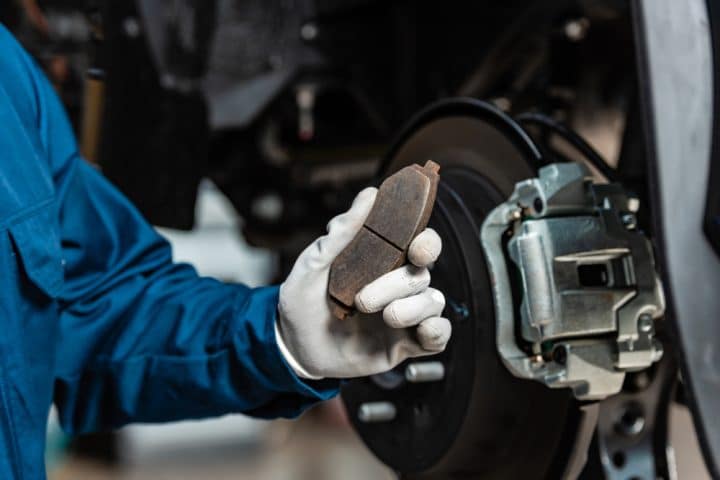
Volkswagen Brake Pad Types
Volkswagen brake pads are available in three main types: organic, semi-metallic, and ceramic. The type of brake pads your vehicle needs will depend on several factors, such as VW model, age, budget and performance requirements.
Here’s a breakdown of the types of brake pads your Volkswagen may need:
- Organic Pads: These pads are known for being softer and quieter, making for a smooth and quieter driving experience. However, they tend to wear out faster compared to other types.
- Semi-Metallic Pads: Designed for better heat management and performance, these pads can handle higher temperatures but might be a bit noisier.
- Ceramic Pads: While typically more costly, ceramic pads provide top-tier performance, with minimal noise and very little dust.
At Fitch Autos, our skilled technicians are here to fit the best brake pads for your Volkswagen, tailored to your model and budget. We always fit the best option for you and your vehicle using quality parts, so you always get top performance from your VW.
How Our Team Replace Brake Pads
Changing brake pads can be a complex task, especially if you lack the right tools or experience. Given how vital brake pads are to your Volkswagen’s safety, leaving it to a professional is always a good idea.
At Fitch Autos, our team uses a thorough step-by-step approach to replace brake pads safely and correctly. Here’s a breakdown:
- Start by ensuring the vehicle is on a level surface with the handbrake firmly engaged.
- Loosen the wheel nuts slightly on the side where you’ll replace the brake pads, but don’t remove them just yet.
- Lift the Volkswagen on the appropriate side, securing the jack to keep it stable.
- Remove the wheel after fully loosening the nuts to reveal the braking system.
- Locate the brake calliper, typically secured by two bolts, and remove these bolts to release the calliper.
- Slide out the worn brake pads from the calliper bracket.
- Push the calliper piston back to make room for the new, thicker brake pads.
- Install the new brake pads into the calliper bracket, ensuring alignment.
- Reattach the calliper over the new pads and secure it with the bolts.
- Put the wheel back on and loosely tighten the nuts.
- Lower the car carefully from the jack stands and tighten the wheel nuts fully once the vehicle is back on the ground.
- Press the brake pedal a few times to settle the new brake pads.
- Check the brake fluid level and top it up if needed.
Remember, this is a simplified version of the brake pad replacement process, and the exact steps can vary based on your Volkswagen’s model and year. To ensure everything is done correctly, we always recommend consulting a professional.
At Fitch Autos, our technicians have access to the same level of technical information as the main Volkswagen dealerships and follow manufacturer guidelines. This means you get quality servicing at better value. We’ll keep your VW warranty intact, giving you peace of mind.
Maintenance For Your Volkswagen Brake Pads
Keeping your Volkswagen’s brakes in top condition is crucial if you want to remain safe on the road. At Fitch Autos, our dedicated technicians are trained to inspect, service, and replace worn or faulty brake components.
As your local independent Volkswagen specialists, we always put your safety first. We aim to get you back on the road as quickly as possible without risking your safety or sacrificing quality.
Here’s what you can expect during our brake inspection:
- Brake Pad Check: We examine the brake pads to ensure they’re in good shape and meet the necessary thickness requirements.
- Brake Fluid Test: We make sure your brake fluid is clean and contamination-free.
- Brake Disc Inspection: We assess the brake discs for any signs of wear or warping that could affect performance.
- Brake Calliper Evaluation: We inspect the brake callipers, checking for leaks or damage to ensure they work correctly.
We’re committed to going above and beyond the level of service you’d receive from a Volkswagen dealership, delivering exceptional quality and better value. At Fitch Autos, we aim to save you time, money, and stress by providing reliable brake services.
Ready to experience worry-free braking? If your Volkswagen needs a brake check or replacement, contact Fitch Autos today.
